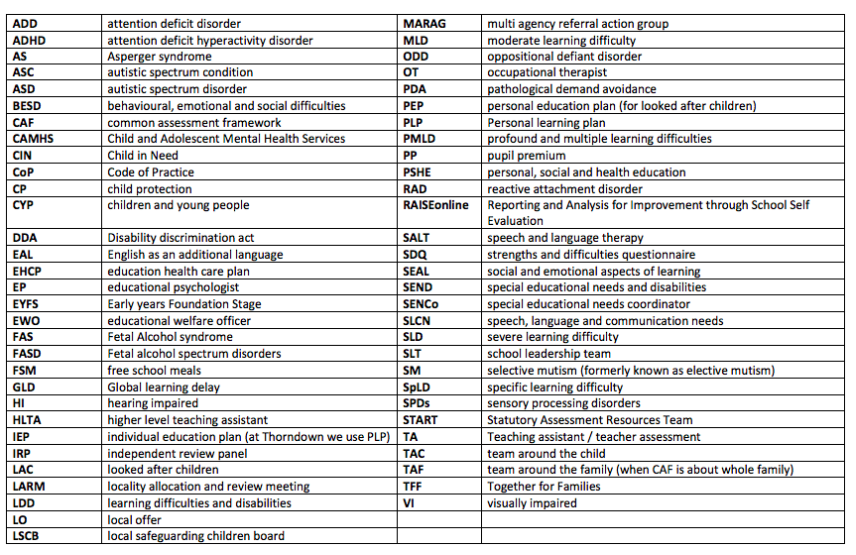Click play to view this video by the Lambeth SEND Department
Special Educational Needs and Disabilities at Holy Trinity
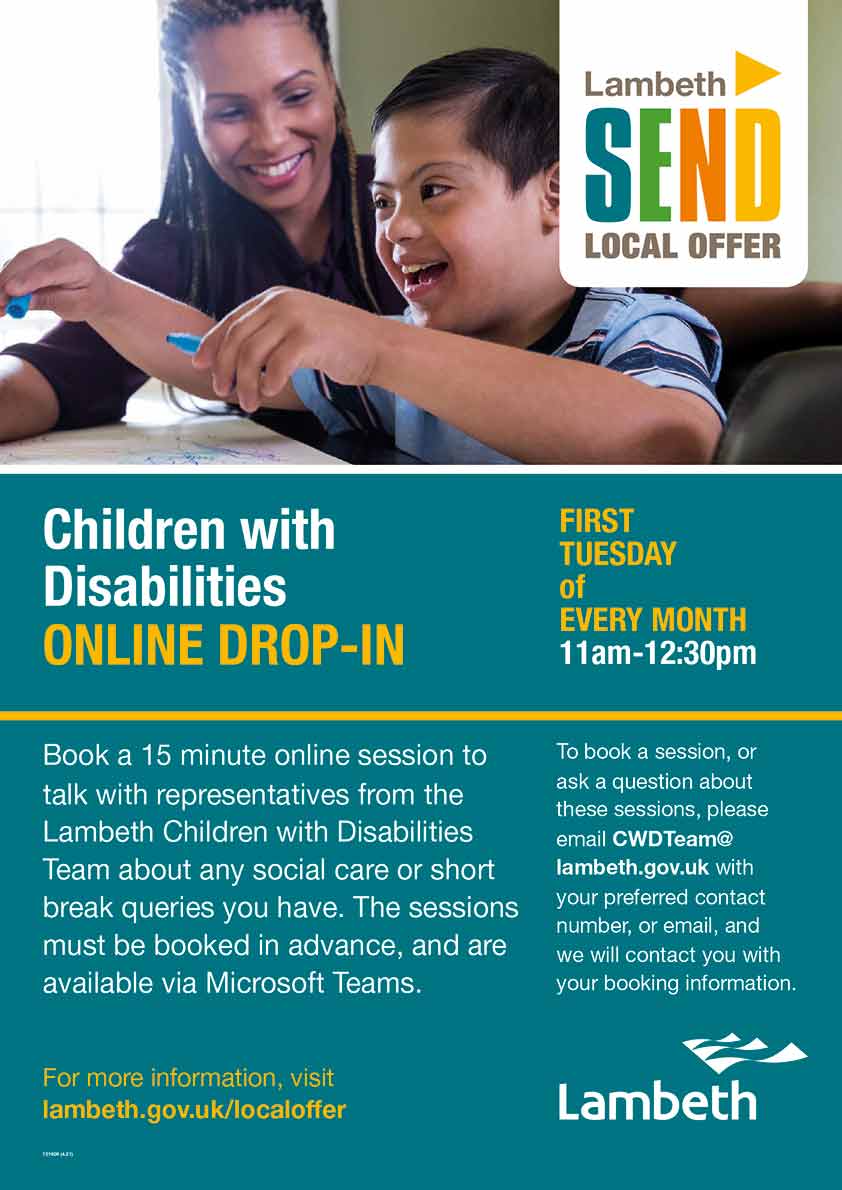
Holy Trinity Church of England Primary School is an inclusive and diverse school. We offer a range of provision to support pupils with SEND, including communication and interaction, cognition and learning difficulties, social, emotional and mental health problems or sensory or physical needs.
The range of support deployed is tailored to individual need following thorough assessment by internal or external agencies. It is designed to promote pupils working towards becoming independent and resilient learners and is not seen in isolation.
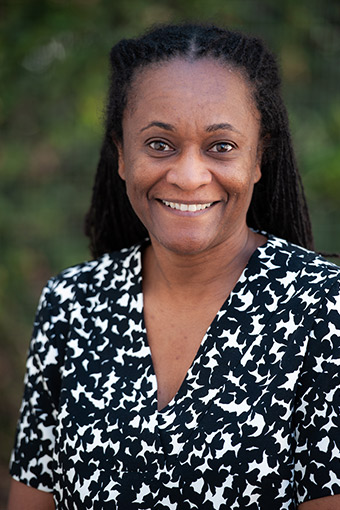
Tricia Moore-Hall
SENDCO
Please do not hesitate to contact Ms Moore-Hall if you have any concerns, questions or queries regarding your child's educational needs at Holy Trinity.
Email: admin@holytrinity.lambeth.sch.uk
Phone: 0208 6749051
Our SENDCO is responsible for:
- The strategic vision of SEND and inclusion across the school.
- Leading the educational development of the school and ensure that each student's educational programme meets their individual needs.
- Monitoring and evaluating the standards of teaching and learning and pupil progress across the school.
- Coordinating all the support for children with special educational needs or disabilities (SEND) and developing the school’s SEND Policy to make sure all children get a consistent, high quality response to meeting their needs in school.
- Ensuring that you are:
~ involved in supporting your child’s learning.
~ kept informed about the support your child is receiving.
~ involved in reviewing you child’s progress. - Liaising with all the outside agencies who may be coming into school to help support your child’s learning e.g. Speech and Language Therapy, Educational Psychology etc.
- Updating the school’s SEND register (a system for ensuring all the SEND pupils in this school are known) and making sure that there are excellent records of your child’s progress and needs.
- Providing specialist support for teachers and support staff in the school so they can help children with SEND to achieve their best possible progress.
What do we mean by the term Special Educational Needs?
The definition of Special Educational Needs from the Special Educational Needs and Disability (SEND) Code of Practice: for 0-25 years (2014)
- A child or young person has a SEND if they have a learning difficulty or disability which calls for special educational provision to be made for them.
- A child or compulsory school age or a young person has a learning difficulty or disability if they:
- have a significantly greater difficulty in learning than the majority of others of the same age; or
- have a disability which prevents or hinders them from making use of educational facilities of a kind generally provided for others of the same age in mainstream schools or mainstream post-16 institutions.
SEND Areas of Need
The 2014 SEND Code of Practice outlines four areas of special educational need that include a range of difficulties and conditions:
- Communication and interaction
- Cognition and learning
- Social, emotional and mental health
- Sensory and/or physical
The code states that:
"Many children and young people have difficulties that fit clearly into one of these areas; some have needs that span two or more areas; for others the precise nature of their need may not be clear at the outset."
Interventions
Interventions are small groups or one-to-one activities that are set up to address a specific area of difficulty that a child is experiencing. The class teacher oversees the progress and development of a child no matter who is leading the intervention. Each intervention has a distinct purpose and works towards very specific targets or outcomes.
Below is a flowchart detailing what happens if a child experiences persistent difficulties with their learning at Holy Trinity :
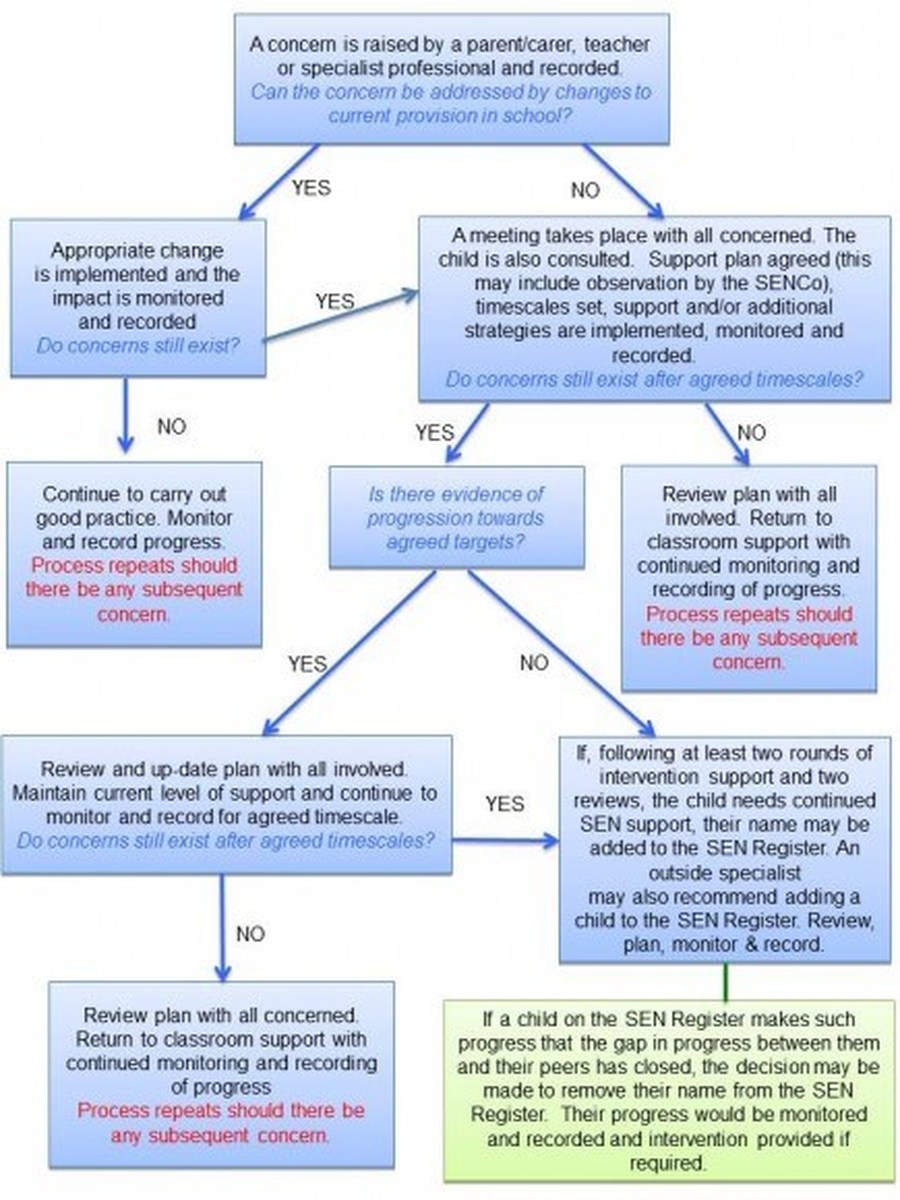
Our school is open and accessible to all!
- The school is accessible to children with physical disabilities
- Classrooms may be adapted to ensure rooms are accessible for children with disabilities
- We ensure that high quality equipment is used and is accessible to all children regardless of their needs
- The specialised provisions provide space for the identified needs for children with these difficulties e.g. workstations for children with ASD
- The staff working in the specialised provisions are highly trained in these areas
- The school is accessible on all levels via our lift
What are the different types of support available to my child?
Quality first teaching by class teacher (universal support)
For your child this would mean:
- That the teacher has the highest possible expectations
- That all teaching is based on building on what your child already knows, can do and can understand
- Different ways of teaching (for example, practical activities and visual supports) are in place so that your child is fully involved in in class
- Specific strategies (which may be suggested by the SENCOs or outside agencies) are in place to support children to learn
- Formally assessing your child’s progress three times throughout the year. Targets are set for your child to ensure that gaps in their understanding and learning are addressed
Targeted interventions (targeted support)
- These may be run in the classroom or in sessions outside of whole class learning
- They may be delivered by a teacher, Teaching Assistant (TALA) or Early Years Educator (EYE) who has had specific training to run these groups
- We have a Behaviour and Learning Mentor(BLM) who works across the school to support children with behavioural or emotional needs
- Children will engage in group or individual sessions with specific targets to help them to make progress
- All interventions are planned under the guidance of the SENDCos and class teachers
- All interventions are monitored and reviewed termly by the SENDCos and class teachers
Specialist groups run by outside agencies e.g. Speech and Language therapy, Educational Psychology, Occupational therapy. (targeted support)
- This may be from Local Authority central services such as:
- Lambeth Hearing Support Service (LHSS) for children with a hearing difficulty
- Speech and Language Therapy service (NHS service)
- Lambeth Educational Psychology service
- Occupational therapy
- School nurse
- Lark Hall Autism Outreach Team
Specified Individual support (specialist support):
- This is provided for children with a Statement of Special Educational Needs or an Education Health and Care Plan (EHCP). EHC plans came into action in September 2014 and replace a Statement of Special Educational Needs. Statements and EHC plans are given to children who need additional support above and beyond the support outlined in the above categories. This support is available for children whose learning needs are severe, complex and lifelong
- Children will continue to receive
i. Quality First Teaching
ii. Targeted Interventions
iii. Support from outside agencies such as SALT, EP, OT
In addition to this:
- Children with a diagnosis of Autistic Spectrum Disorder (ASD) may receive support from the ASD Outreach Team (Larkhall)
- The EHC Plan or Statement will outline the number of hours of individual or small group support your child will receive from a specialist teaching assistant (STA) and how the support should be used.
- An individualised curriculum where appropriate.
- Please see additional information about our inclusion team, available on the website. This includes information about which members of staff are in our inclusion team, and their specific roles at Holy Trinity.
- The Lambeth Local Offer Website contains full information of the services available to children, young people and their families under the Lambeth Local Offer.
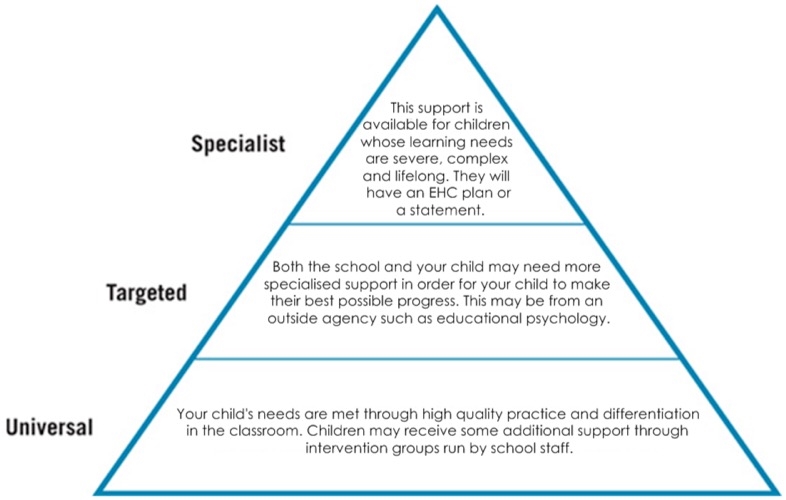
How does Holy Trinity measure my child’s progress and how will I know?
- Your child’s progress is continually monitored by his/her class teacher
- Their progress is reviewed formally three times per year
- Children have maths and literacy targets in their work books, which are continually marked against and re-set
- Parent evenings are held three times per year and your child’s targets will be shared with you
- Formal end of year reports are provided
- SALT targets are reviewed termly by the therapist and these are shared with you
- If your child has an SEN support plan, we will review and set targets up to three times per year
- If you child has an EHC plan or a statement, they will receive an Individual Education Plan (IEP). This sets and reviews targets three times per year
- The progress of children with an EHC Plan or statement is formally reviewed at an Annual Review with all adults, including parents, who are involved with your child’s education
A glossary of SEND terms:
